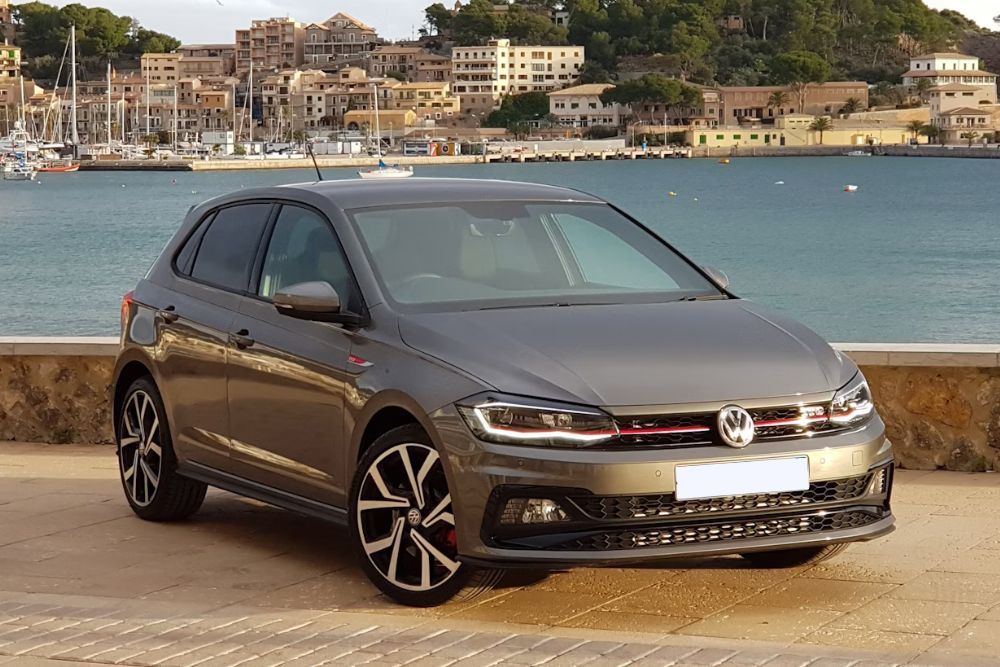When maintaining your Volkswagen, it’s essential to use the correct type of coolant.
Knowing the correct type of coolant your car requires can help avoid expensive repairs and keep your car performing well.
In this post we will cover the correct type of coolant for the different Volkswagen models and what you need to know when selecting coolant.
Coolant for Newer Volkswagen Models (Post-1996)
Starting in the mid-1990s, Volkswagen introduced new coolant formulas that are more environmentally friendly and offer longer service intervals. Here’s a look at the coolants recommended for newer VW models:
G12 Coolant (Pink or Purple)
In the mid-1990s, VW began using G12 coolant, which is pink or purple. G12 is an ethylene glycol-based, organic acid technology (OAT) coolant that’s free of silicates, phosphates, and other inorganic additives, making it ideal for modern engines with aluminum radiators. G12 coolant is designed for longer life, typically up to five years or 150,000 km, whichever comes first.
G12+ and G12++ Coolants
These versions are updated formulations of G12, offering even better performance and compatibility. G12+ (also pink or purple) and G12++ are backward-compatible with G12 and can often be used if G12 is not available. However, it’s still crucial not to mix G12/G12+/G12++ with G11.
G13 Coolant (Purple)
In recent years, Volkswagen introduced G13 coolant, a more environmentally friendly option that incorporates glycerin as a primary ingredient. This purple coolant offers similar properties to G12 but with lower environmental impact. G13 is compatible with all newer Volkswagen models, especially those produced post-2008. G13 is fully compatible with G12+ and G12++, and they can be mixed if needed.
Coolant for Older Watercooled Volkswagen Models
Older watercooled Volkswagen models—generally those produced before 1996—often have different cooling requirements compared to newer models. Here’s what you need to know:
G11 Coolant (Blue/Green)
Volkswagen’s G11 coolant, a blue or green liquid, was primarily used in vehicles from the 1980s to the early 1990s. It’s a silicate-based coolant designed to prevent corrosion in older engines. G11 is compatible with aluminum components and is best suited for engines without modern electronic cooling systems. G11 coolant typically needs to be replaced every two years or so.
Mineral-Based Coolants
For classic VW watercooled models, some enthusiasts prefer mineral-based coolants due to their compatibility with older engine components. However, it’s essential to ensure these coolants meet VW’s specifications. Using generic or incompatible coolants can lead to scaling and corrosion.
Consequences of Using the Incorrect Coolant
Understanding the correct types of coolant for your Volkswagen is essential to avoid serious risks to your vehicle’s engine.
Choosing a standard coolant instead of the recommended type can lead to several problems that may cause significant damage to your engine.
Here’s why using the right coolant is crucial:
- Corrosion Problems: Metal, rubber, and plastic components may corrode, compromising the integrity of your engine.
- Blockage Issues: Deposits might build up in the radiator core, leading to blockages that impair coolant flow and threaten severe engine damage.
- Chemical Incompatibilities: Mixing different types of coolants can trigger harmful chemical reactions, jeopardising the entire cooling system.
Using the incorrect coolant isn’t a minor mistake; it can cause serious problems in your engine.
Need to Get Your VW Serviced?
At Dodson we specialise in VW servicing in Auckland for all modern Volkswagens. If you need to get the coolant in your VW changed, or even need a full service, speak to us now by calling 09 441 3635 or emailing service@dodsonmotorsport.com.

 Looking for Dual Clutch transmission components outside of New Zealand?
Looking for Dual Clutch transmission components outside of New Zealand? 